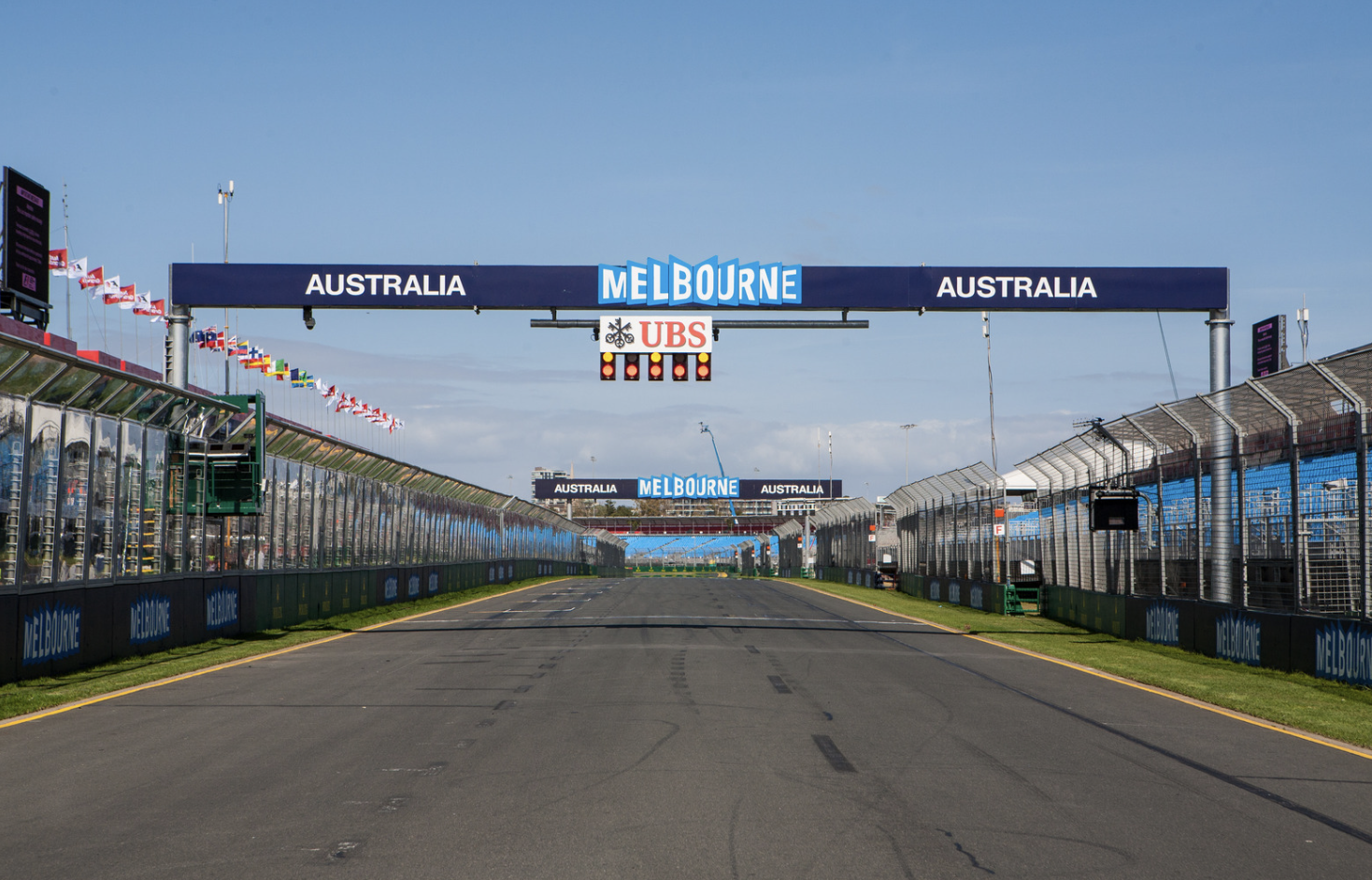Viagem
Dark Realities: The Scandal of BYD’s Slave-Like Labor Conditions in Brazil
Anúncios
The laborers, who were working at a construction site in the northeastern Brazilian state of Bahia, were found to be toiling away for excessive hours, sometimes up to seven consecutive days, in subpar living conditions that were described as “degrading”. These workers, employed by a contractor named Jinjiang Construction Brazil, were essentially trapped at the site as over 100 of them had their passports confiscated, rendering them unable to leave without authorization.
It was revealed that these laborers were recruited in China and brought to Brazil under false promises, only to find themselves trapped in a nightmare of exploitation and abuse. The public labor prosecutor’s office started investigating the site in November and made the distressing discovery that the living and working conditions of these workers were tantamount to slavery.
The authorities reported that the workers were subjected to unsafe working conditions and were deprived of basic amenities. Over 600 employees were forced to sleep on cots without mattresses and share a few portable restrooms that were in a deplorable state. The lack of toilet paper and water made it exceedingly difficult for these workers to maintain basic hygiene standards. Food was stored in unsanitary conditions near the restrooms, and prepared meals were left exposed to dirt and left unrefrigerated. Many workers had to eat their meals while lying on their mattresses in cramped and squalid conditions.
The labor prosecutors expressed deep concern over the “alarming image of degradation and precariousness” that was uncovered at the site. The company BYD, upon learning of these egregious violations, promptly terminated its contract with Jinjiang for that portion of the project and vowed to take appropriate actions to rectify the situation and ensure that such abuses do not occur in the future.
BYD, known for manufacturing electric vehicles and headquartered in China, has made a commitment to uphold the highest standards of ethical business practices and respect for human rights. The company’s CEO, Wang Chuanfu, often likened to China’s Elon Musk, has expressed his shock and dismay at the revelations and emphasized BYD’s zero-tolerance policy towards any form of exploitation or mistreatment of workers.
In response to the crisis, BYD has taken immediate steps to relocate all affected employees to hotels in the area and has initiated a thorough evaluation of the living and working conditions of all workers employed by contractors involved in the project. The company has reassured the public that it will do everything in its power to ensure the well-being and safety of all workers and to prevent any recurrence of such egregious violations.
As BYD grapples with the fallout from this scandal, it has reiterated its commitment to conducting business with integrity, transparency, and respect for human dignity. The company has been operating in Brazil for over a decade and has maintained a strong track record of compliance with local laws and regulations. Moving forward, BYD has pledged to redouble its efforts to uphold the highest ethical standards and to promote a culture of accountability and responsibility within its operations.
The shocking revelations of the exploitation of Chinese workers at the BYD construction site in Brazil have sparked outrage and condemnation from all quarters. This incident serves as a stark reminder of the entrenched issues of labor exploitation and abuse that persist in many industries around the world. It is imperative that companies like BYD take proactive measures to ensure the protection and well-being of all workers and to hold contractors accountable for any violations of labor laws and human rights standards.
In conclusion, the suspension of the BYD factory construction in Brazil due to the discovery of workers living in “slavery-like” conditions underscores the urgent need for greater vigilance and oversight in the global supply chain. It is incumbent upon companies to prioritize the welfare and rights of their workers above all else and to take decisive action to prevent any form of exploitation or abuse. Only by upholding the highest ethical standards and promoting a culture of responsibility can we build a more just and equitable world for all.
Sobre o autor / Anna Munhoz
Em Alta

Barcelona desde R$189 ida e volta com Iberia – Passo a passo
Leia o artigo que preparamos sobre a Iberia. Ele tem várias vantagens para que você consiga aproveitar de uma vez!
Continue lendoVocê também pode gostar

Passo a passo: Compre seu voo na Ryanair desde € 9.99
Os voos da Ryanair estão à disponibilidade de todas as pessoas. Continue sua leitura caso queira aproveitar a vantagem.
Continue lendo


